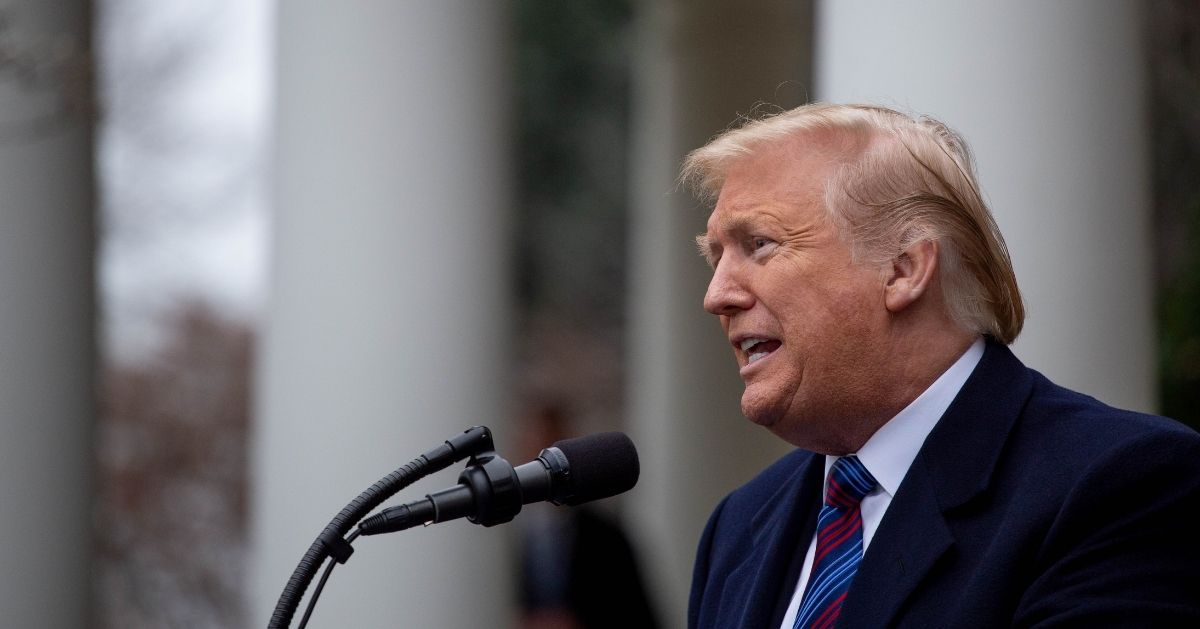Creditor collection efforts can now proceed against Rudy Giuliani after judge dismissed his bankruptcy claim
Former New York City Mayor Rudy Giuliani, who formerly served as former President Donald Trump's personal attorney, declared bankruptcy last year in an effort to protect his assets from a defamation lawsuit judgment against him.
Giuliani's bankruptcy claim was formally dismissed on Friday by the judge presiding over his case after an agreement was reached on how certain administrative expenses would be paid, The Hill reported.
The dismissal sets the stage for two Georgia election workers to begin their efforts to collect the $148 million judgment they won against the former mayor and attorney over unproven claims he lodged against them of ballot fraud following the 2020 election.
Settled dispute results in bankruptcy dismissal
In December, per The Hill, a trial concluded with a jury awarding Georgia election workers Ruby Freeman and Shaye Moss up to $148 million from Giuliani over his unproven election fraud allegations -- a judgment that was almost immediately frozen when Giuliani promptly filed for Chapter 11 bankruptcy protection.
The judge overseeing Giuliani's bankruptcy case, Judge Sean Lane, moved to dismiss the case nearly three weeks ago after growing frustrated with the debtor's lack of transparency about his financial situation.
However, he was unable to do so because of an ongoing dispute between Giuliani and creditors over arrangements to cover around $400,000 in administrative costs.
That dispute was finally settled this past week with a brief letter filed in federal court that stipulated new terms of a prior agreement on how the administrative costs would be paid.
Ordered to sell properties to partially cover judgment
On Friday, with that dispute no longer holding things up, Judge Lane finalized his decision to dismiss Giuliani's bankruptcy claim and allow his creditors, primarily Freeman and Moss and the firm that represented them, to begin their collection efforts.
The judge's order instructed Giuliani to immediately place $100,000 in an escrow account to cover part of the expenses and fees incurred by Global Data Risk, LLC.
As for the remainder of what he owed GDR, to say nothing of the $148 million judgment against him by the Georgia election workers, Lane ordered Giuliani to place two properties he owned up for sale within six months, including an apartment in New York City and a condo in Florida.
If, after the six months elapsed and the properties hadn't yet been sold, GDR and the two Georgia election workers would be authorized to place liens on or pursue actions to foreclose those properties.
The judge gave Giuliani until September 13 to file any objections to the order and set September 18 for any reply briefs and September 24, if necessary, for a final hearing to resolve any remaining disputes.
Giuliani doesn't have the assets to cover the judgment and other potential rulings against him
However, while GDR will likely recover the debt it is owed, Freeman and Moss are unlikely to collect the full amount awarded to them by a jury of $148 million, as Giuliani disclosed in the bankruptcy proceedings that his combined assets, including the two properties in NYC and Florida, only total around $10.6 million, per The Hill.
Meanwhile, other actual and potential creditors, including Dominion Voting Systems and a former employee who sued Giuliani, are lined up and waiting for the chance to pursue actions of their own to collect on any possible remaining assets that Giuliani may possess.





